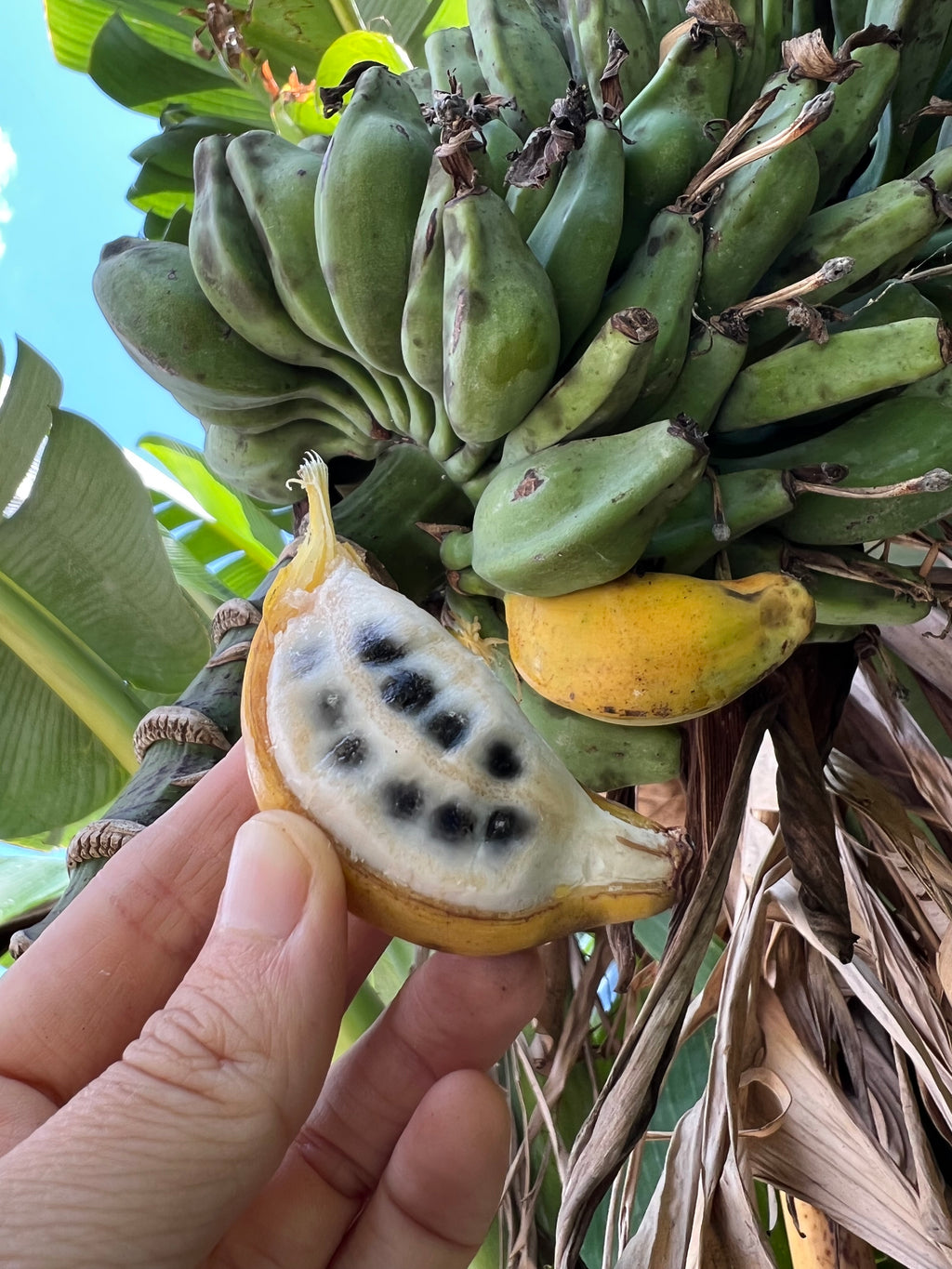Is it true that elephants, monkeys, dolphins and other animals seek out recreational highs in nature? Jason G Goldman investigates.
In South Africa, local legend has it that the elephants like to get drunk. They seek out the marula tree, overindulge on its sweet fruits, and enjoy the intoxicating effects of the slightly fermented juice.
Tales of the tipsy pachyderms go back at least two centuries. In the 1830s, a French naturalist called Adulphe Delegorgue described stories from his Zulu guides of mysteriously aggressive behaviour in male elephants after they fed on the marula fruits. "The elephant has in common with man a predilection for a gentle warming of the brain induced by fruit which has been fermented by the action of the sun," wrote Delegorgue.
Elephants aren't the only critters accused of indulging in the occasional cocktail or dose of drugs. Tales are told of
wallabies getting high on poppy plants in Australia or
dogs reportedly becoming addicted to the toxic substance secreted by cane toads. And stories abound of vervet monkeys on the
Carribean island of St. Kitts, sneakily imbibing the brightly coloured cocktails of distracted tourists.
But how much of this is the result of projecting our own fascination with mind-altering substances onto other animals? Decades of laboratory research has shown that we can easily induce addictive behaviour in animals by making addictive substances easily available to them.
But do wild animals really get drunk or high?
Vervet monkeys are one species that researchers hoped could help answer this question. Sometimes called green monkeys, they are native to Africa, but a handful of isolated groups wound up scattered across islands in the Caribbean. In the 18th and 19th Centuries, slavers often took the monkeys as pets, and when their ships landed in the new world, the monkeys easily escaped or were intentionally released. There, free of most of their predators, the small primates adapted quite well to tropical island life. For 300 years, the animals lived in an environment dominated by sugar cane plantations. And when the sugar cane was burned, or occasionally fermented before harvest, it became a treat for the monkeys. As they became accustomed to the ethanol in the fermented cane juice, the monkeys may have developed both a taste and tolerance for alcohol. Local stories are told of catching wild monkeys by supplying them with a mixture of rum and molasses in hollowed out coconut shells. The drunk primates could then be captured without hassle.
Descendants of those introduced monkeys have since been studied so that we can understand more about their boozy behavior. One study found that
nearly one in five monkeys preferred a cocktail of alcohol mixed with sugar water over a sip of sugar water alone.
Intriguingly, younger individuals were more likely to drink than older individuals, and
most of the drinking was done by teenagers of both sexes. The researchers, led by Jorge Juarez of Universidad Nacional Autonoma de Mexico, suspect that older monkeys shun alcohol because of the stresses of
monkey politics. "It is [possible] that adults drink less because they have to be more alert and perceptive of the social dynamics of the group."
In other words, at some point the monkeys leave their days of heavy drinking and hangovers behind and start acting like adults.
https://www.bbc.com/future/article/20140528-do-animals-take-drugs
- Monkey can also use elaborated tools created by themselves.






